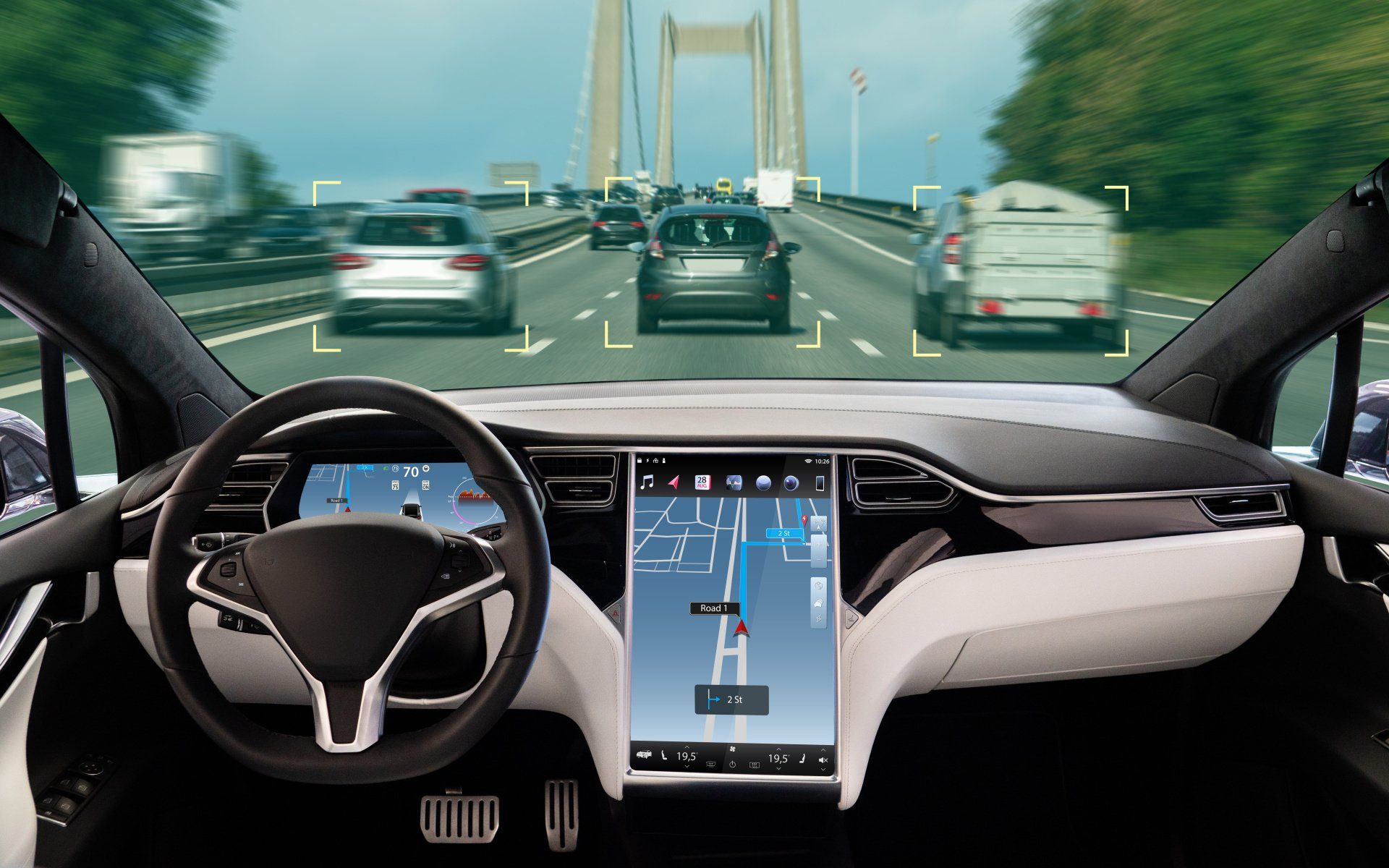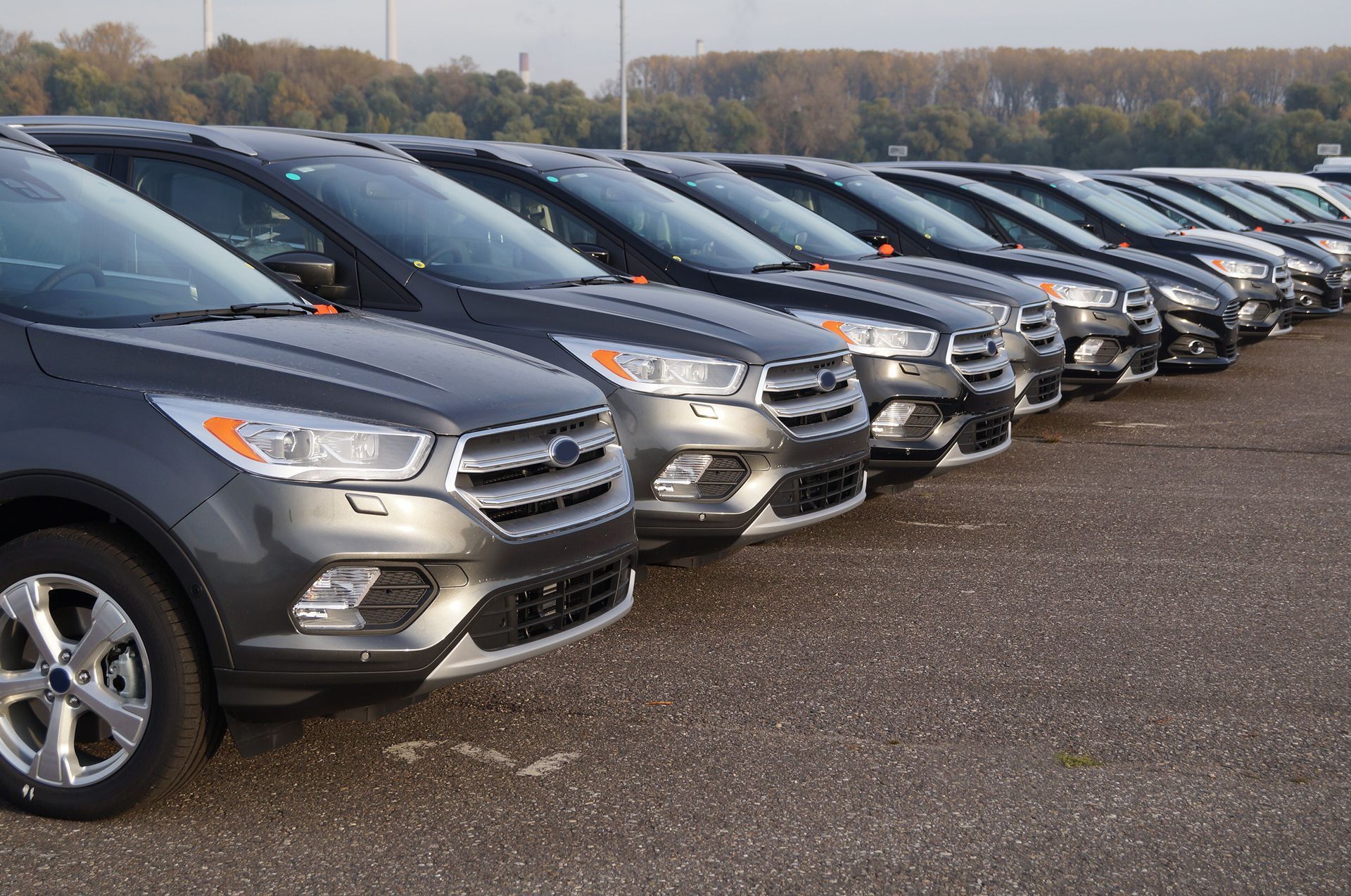How Is AI Being Used in the Auto Industry?

Artificial intelligence (AI) is a term that’s thrown around a lot in the context of modern technologies. AI covers a truly diverse range of capabilities.
For example, “rule-based artificial intelligence” is behavior entirely dependent on rules established by programmers. We call it AI, but the machine doesn’t “think” as much as it follows a decision path it was programmed to follow. Deep learning with neural networks can be dramatically different and may involve a machine establishing its own rules and decision paths based on massive quantities of data.
The auto industry is leveraging various types of artificial intelligence in a number of ways, some of which are more advanced and impactful than others.
Building
Many auto companies use artificial intelligence when designing and manufacturing their cars. Design teams may rely on computer models to perfect their next great design. Computers help creators see how the various components of a car’s design can work together to form something innovative. For example, an AI might run thousands of permutations on aerodynamics or material choices to spot safety issues or efficiency problems.
Once the car is designed, artificial intelligence helps with the manufacturing process in many ways, like ordering parts, assisting with the assembly and performing quality assurance checks. Many companies automate parts of their supply chain, like having robots transport parts within a factory while workers assemble the cars.
Cost Control
Artificial intelligence can control costs by monitoring the supply chain and spotting problems like shortages or bottlenecks before they impact production. Each car has thousands of individual parts in it, and AI can monitor factory inventories and put in orders as needed so assembly does not fall behind.
AI may also be used to detect defective parts in various parts of the manufacturing process, which reduces the risk of those parts making their way into vehicles and needing to be replaced at a later time.
Safety
Many modern vehicles have safety features to help prevent accidents. AI can alert drivers by beeping, vibrating the steering wheel or using indicator lights when a vehicle’s sensors detect pedestrians, bicyclists, animals, vehicles or other objects ahead or when another car is in a driver’s blind spot. Some cars even have sensors monitor a driver’s eye movement and lane drift to help reduce distracted driving.
The software that run these safety features often qualify as “AI” in that they receive input from a diverse set of sensors to make near instantaneous decisions based on programmed rules and conditions, like for automatic braking.
Inspections
Everything wears out over time. Even if there are no defective parts when the vehicle is initially built, some could stop working over the years. AI-assisted vehicle inspections can more effectively determine if all components function adequately or if they require repair or replacement.
Advanced sensors and AI can help detect flaws that the human eye might miss. AI also helps remind car owners when their vehicle needs an inspection or service.
Transportation
Artificial intelligence significantly improved transportation with Global Positioning Systems (GPS) and ride-hailing apps like Uber and Lyft. Since most cars and cell phones have GPS technology built-in, most drivers have tossed aside their paper maps in favor of digital alternatives that also keep them apprised of traffic, detours and much more. GPS is also helpful because it typically includes audio navigation so drivers can keep their eyes on the road.
Autonomous Cars
Autonomous vehicles (self-driving cars) are still a work in progress. The quality of the sensors and artificial intelligence that allows these vehicles to drive without human intervention is improving every year. We’re already seeing commercial adoption and use of autonomous vehicles on a limited scale in many places around the country. The technology for autonomous cars is here, it is just a matter of perfecting it.
Find a Car in Washington D.C. and Baltimore
Car shopping is easier than ever thanks to technological advancements like mobile and online vehicle shopping. Direct Car Buying allows car shoppers to browse a diverse inventory of high-quality pre-owned vehicles without ever needing to leave their homes. We make the process easy by offering advantageous trade-in deals or purchasing your vehicle.
Contact us via our online form or by calling 877-927-6093 today.



